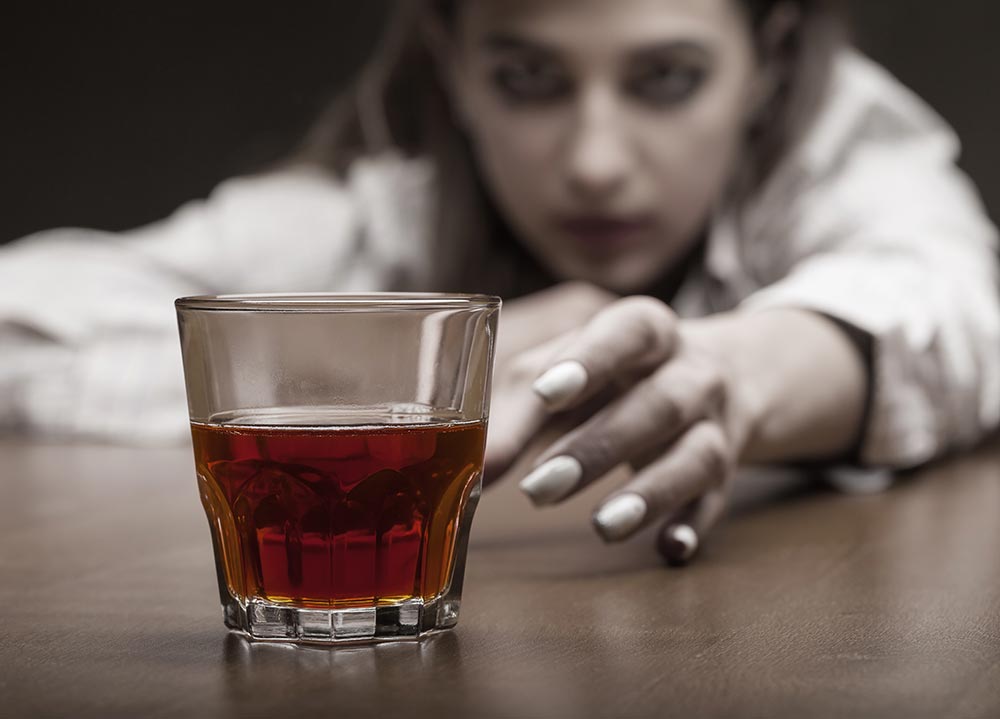7 Signs of Alcoholic Denial

When I was drinking, I was in denial like everyone else, but no one brought it to my attention until many years went by and my family held an intervention. Several people had written me letters that they read out loud, one at a time. But it was my sister's letter that really got to me. She said that my denial hasn't just hurt myself, but the rest of the family, as well, and that I will die if I don't acknowledge my addiction and go to rehab. Those statements got my attention, and I agreed to go.
Seven Common Signs
After entering rehab, I soon learned not only had I been in denial about my addiction, but that there are many other addicts who are stuck in the same place. I didn't want to admit, even to myself, that anything was really wrong with my drinking, because I enjoyed it. Facing that one word, addiction, meant that I would have to stop, and I didn't want to give it up.
If you think you may have developed an addiction or you know someone who you think may be in trouble, it is important to be aware of the following seven signs:
1. Rationalizing - Justifying the behavior is one of the first signs that there is an abuse problem. I used to say that I only drank on the weekends, so it was okay. The problem was I never missed a weekend for six years. I missed out on a lot of other wonderful things, though, as the years went by. And those are moments in time that I will never get back. Remember, even if someone's rationalizations make sense on the surface, they are still covering up the extent of their substance abuse problem.
2. Blame - If someone tried to bring up the subject of my excessive drinking, I found myself flipping the situation and saying that if my mother wouldn't be so demanding, I wouldn't have to drink. It was a convenient cop-out. I didn't have to take any responsibility for my behavior.
3. Comparison - I drank less often than many of the folks in my inner circle, and no one has said that any of them have a problem, so that means I don't have a problem either. Unfortunately, it doesn't matter. My drinking was negatively affecting my life, threatening my relationships and my livelihood. The fact that I drank less often was irrelevant.
4. Pretending - I learned to simply nod my head and agree if someone called me out on my drinking. Pretending to look into treatment options while having no intention to follow through or repeatedly apologizing and saying I would do better quickly became the same old song to my loved ones. One by one, they stopped believing me.
5. Suppressing - Any time that I started thinking that maybe my drinking was a problem, I would find myself thinking that I would do something about it later. The problem was that later never came.
6. Hopelessness - I used this emotion to get out of changing my life. It was easier to say that I had no chance of fixing the problem instead of working on solving it.
7. It's my Body - I didn't believe that anyone had the right to say anything, because it was my body. I didn't think about all of my family, friends, and coworkers I hurt while in my addiction.
If you recognize any of the behavioral traits noted above in your own behavior, take a moment to acknowledge them. Remember, a short-term excuse will not save you from long-term consequences.














